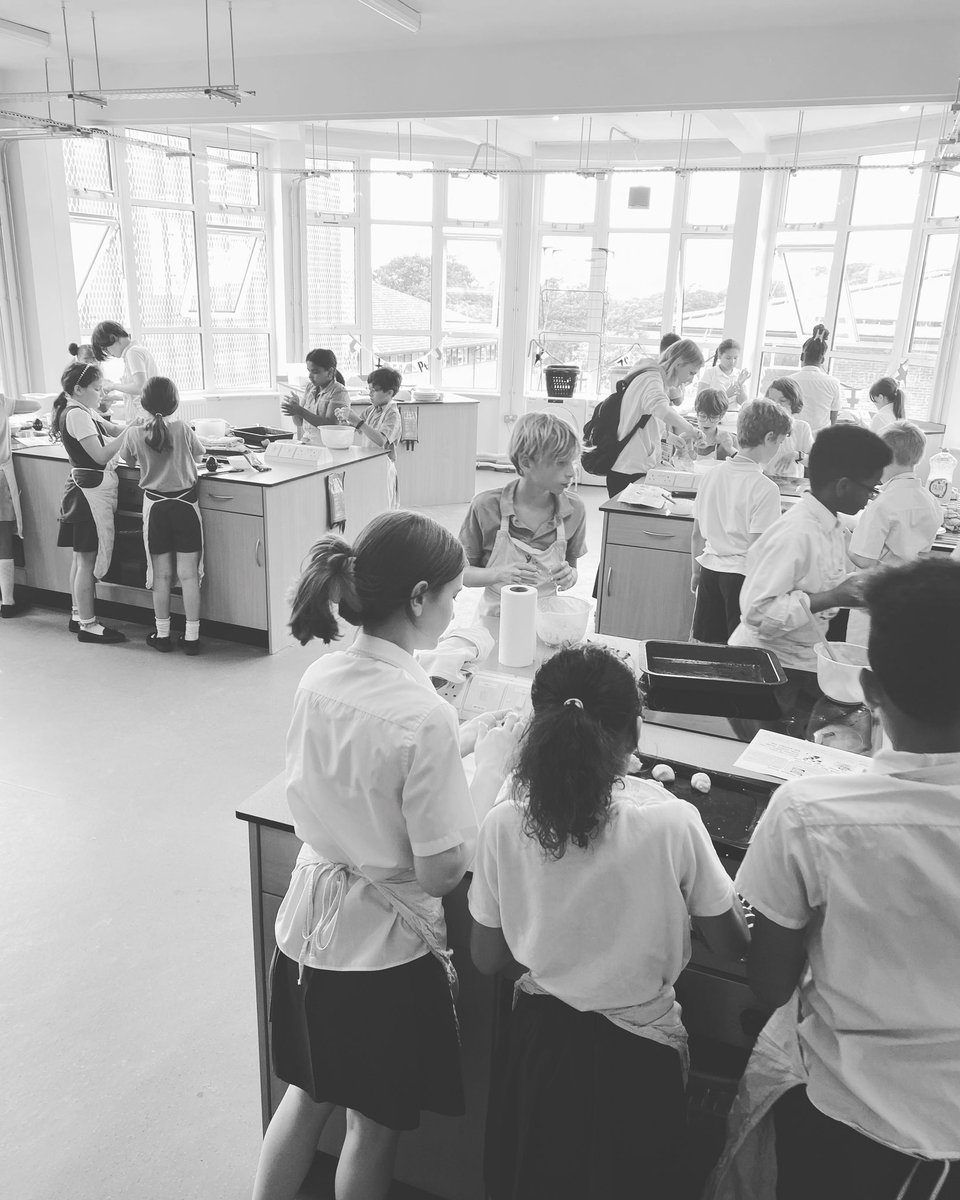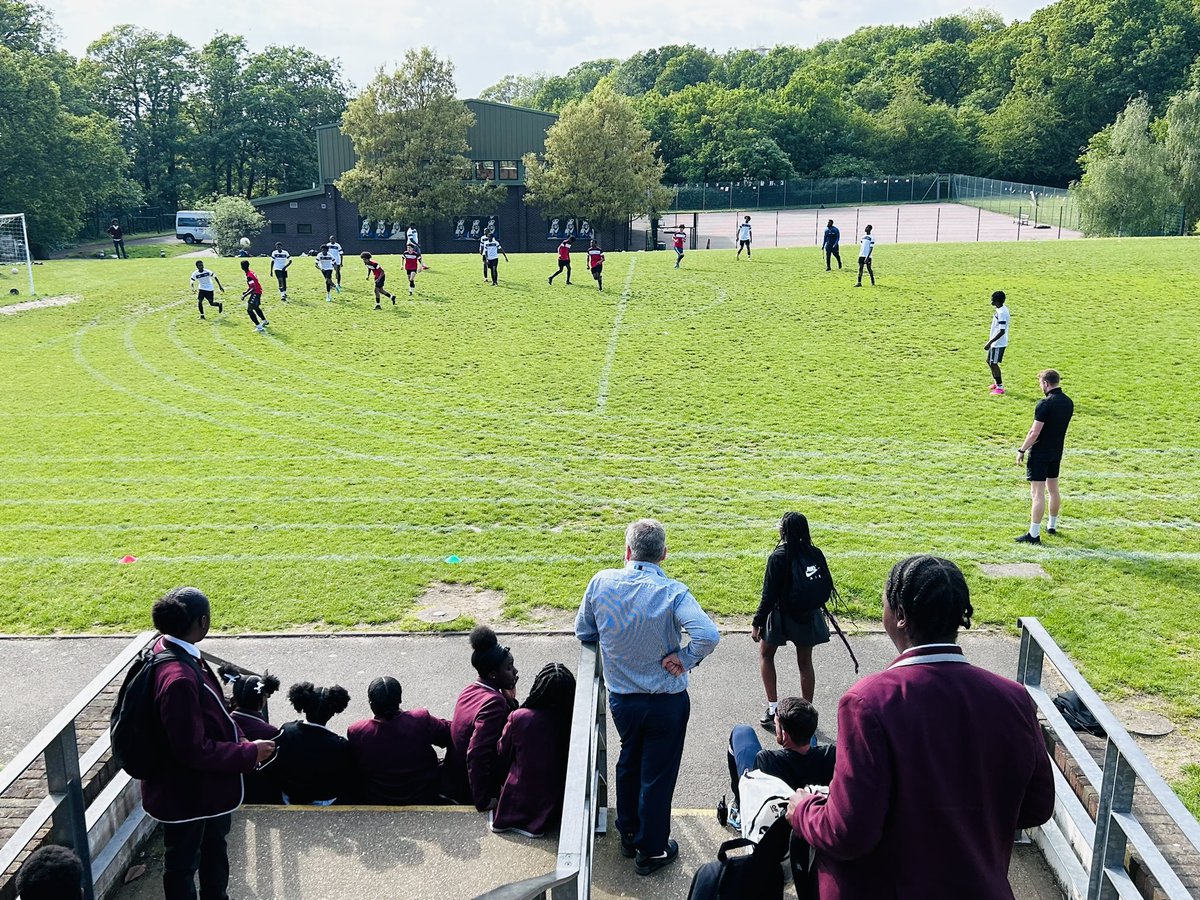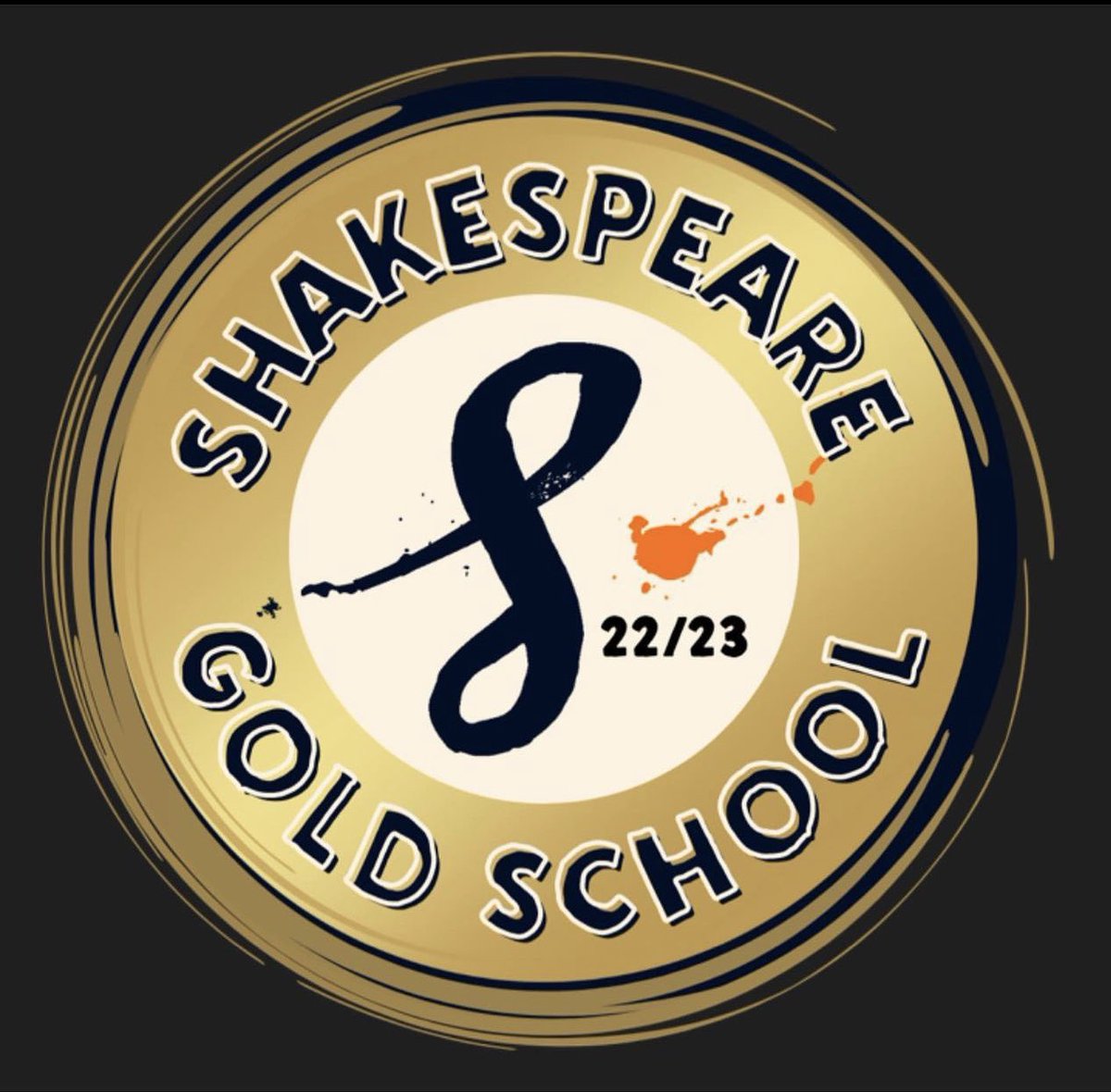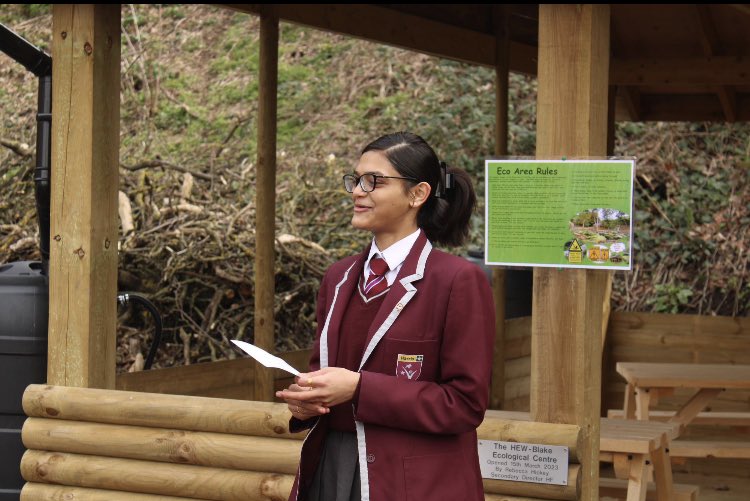404 Error: Page cannot be found
Page : https://www.harrisbeulahhill.org.uk//1478/the-beulah-hill-curriculum
The page you were looking for cannot be found. It may have moved or been deleted.
13/07/23
@RockmountPS thank you for you visit. Students from Rockmount Primary school came to visit us this week. They took part in activities within the art and design and technology. We really enjoyed having you. pic.twitter.com/Z5lqZ3Yuqy— Harris Beulah Hill (@HarrisAcBeulah) July 13, 2023
follow us @HarrisAcBeulah
13/06/23
Transfer Evening at @DownsviewCroy .We are proud of the achievements of students at our school. Looking forward to becoming Harris Academy Beulah Hill in September 2023 #burgundytogrey #HABH— Harris Beulah Hill (@HarrisAcBeulah) Jun 13, 2023
follow us @HarrisAcBeulah
18/05/23
Lovely evening for footie ⚽️ Year 10 fixture. Shoutout to Mr Goldsmith our headteacher cheering the lads on from the sidelines! #allrounded #WeareHABH— Harris Beulah Hill (@HarrisAcBeulah) May 18, 2023
follow us @HarrisAcBeulah
17/05/23
Resilience assembly with our year 10s delivered by @justaguy_LT Presence. Inspirational #Resilience— Harris Beulah Hill (@HarrisAcBeulah) May 17, 2023
follow us @HarrisAcBeulah
06/05/23
Students and staff enjoyed a meal fit for a King today @HarrisAcBeulah— Harris Beulah Hill (@HarrisAcBeulah) May 6, 2023
follow us @HarrisAcBeulah
03/05/23
Beulah Hill academy’s eco centre takes lessons into the woods #Croydon @ChrisGPackham @urbanbirder @HarrisAcBeulah @warwickmansell https://t.co/HDYogKgzlU— Inside Croydon (@InsideCroydon) May 3, 2023
follow us @HarrisAcBeulah
03/05/23
Beulah Hill academy’s eco centre takes lessons into the woods #Croydon @ChrisGPackham @urbanbirder @HarrisAcBeulah @warwickmansell https://t.co/HDYogKgzlU— Inside Croydon (@InsideCroydon) May 3, 2023
follow us @HarrisAcBeulah
03/05/23
On Friday, a selection of our scholars participated in the 2023 Robotics Challenge. They were awarded best first timers for resilience and meticulousness in their approach to assembling their robots. We are extremely proud of our students. Well done also to Mr Rusecki! #RAFHendon— Harris Beulah Hill (@HarrisAcBeulah) May 3, 2023
follow us @HarrisAcBeulah
22/04/23
We are pleased to share that we are a Shakespeare Gold School! Our staff and students are very proud of this achievement made possible by the tremendous effort of Ms Bryce and the students. A truly remarkable feat! #WeareBeulahHill— Harris Beulah Hill (@HarrisAcBeulah) Apr 22, 2023
follow us @HarrisAcBeulah
05/04/23
Oxygen provides a breath of fresh air for kids’ holiday activities #Croydon @MumsnetTowers @TimeOutLondon @HarrisAcBeulah @woodcotehigh https://t.co/UQGwjIcVnY— Inside Croydon (@InsideCroydon) April 5, 2023
follow us @HarrisAcBeulah
05/04/23
Oxygen provides a breath of fresh air for kids’ holiday activities #Croydon @MumsnetTowers @TimeOutLondon @HarrisAcBeulah @woodcotehigh https://t.co/UQGwjIcVnY— Inside Croydon (@InsideCroydon) April 5, 2023
follow us @HarrisAcBeulah
15/03/23
Of course we had to have the input of our students in naming the area. We are also pleased to be able to recognise the vast amount of work put into this vision by our very own Premises Manager Owain Blake. The HEW-Blake Ecological Centre @HarrisAcBeulah @HarrisFed is now open 3/3— Harris Beulah Hill (@HarrisAcBeulah) Mar 15, 2023
follow us @HarrisAcBeulah
15/03/23
More scenes from our grand opening today 2/3 @HarrisFed @HarrisFedGeog— Harris Beulah Hill (@HarrisAcBeulah) Mar 15, 2023
follow us @HarrisAcBeulah
15/03/23
Today we celebrated the grand opening of our Ecological Centre at @HarrisAcBeulah. We are proud of the work our staff and students have done over the past 18 months to make this a reality. We were delighted to have our visitors from @HarrisFed @HarrisFedGeog 1/3— Harris Beulah Hill (@HarrisAcBeulah) Mar 15, 2023
follow us @HarrisAcBeulah
15/03/23
This week our @HarrisAcBeulah students participated in the Quad Spelling Bee competition. Ms Brissett worked hard with the students to ensure they were thoroughly prepped. Students were delighted to have taken part and are looking forward to the next event @HarrisFed— Harris Beulah Hill (@HarrisAcBeulah) Mar 15, 2023
follow us @HarrisAcBeulah
10/02/23
Thank you @RachelHawkes60 for an inspiring session! #mfltwitterati @HarrisAcBeulah @HFLanguages— Armony (@Armony_uk) February 10, 2023
follow us @HarrisAcBeulah
10/02/23
Thank you @RachelHawkes60 for an inspiring session! #mfltwitterati @HarrisAcBeulah @HFLanguages— Armony (@Armony_uk) February 10, 2023
follow us @HarrisAcBeulah
10/02/23
Had a great time. Thank you— Harris Beulah Hill (@HarrisAcBeulah) February 10, 2023
follow us @HarrisAcBeulah
16/11/22
@HarrisAcBeulah Students in Year 9 show stopper piece. Students even made their own jam! #chefsinthemaking @BritishBakeOff— Harris Beulah Hill (@HarrisAcBeulah) Nov 16, 2022
follow us @HarrisAcBeulah
16/11/22
Competition time at HASN. Year 9 students working hard on deciding a recipe for their show stopper piece. They were amazing this afternoon. Well done to all the tutor groups who took part 🎉🎉🎉🎉— Harris Beulah Hill (@HarrisAcBeulah) Nov 16, 2022
follow us @HarrisAcBeulah
The page you were looking for cannot be found. It may have moved or been deleted.















